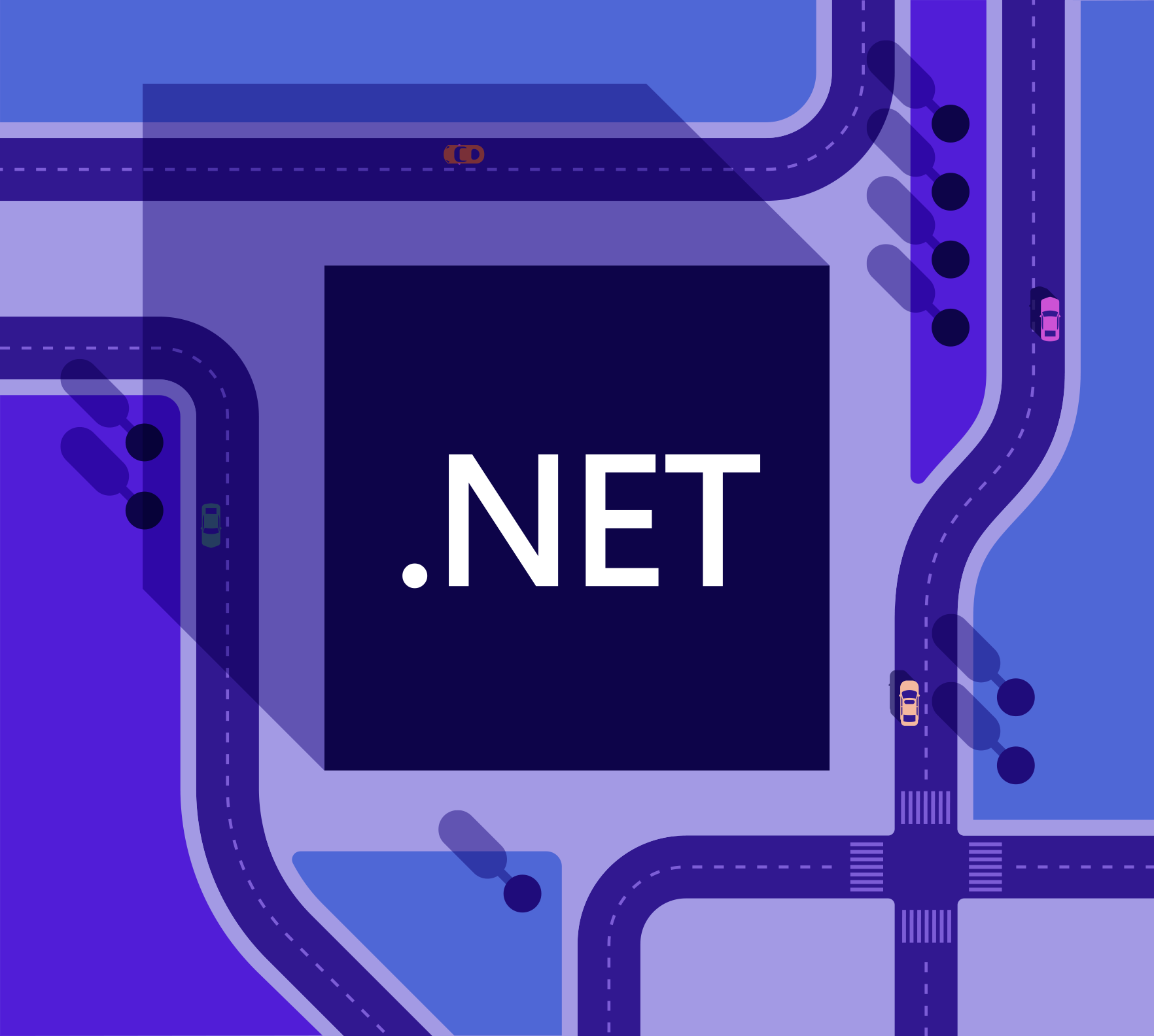Description
Introduction
.NET is a versatile framework developed by Microsoft that provides a programming model for building a wide range of applications, from web to desktop and mobile. SQL Server, also by Microsoft, is a robust relational database management system designed to handle large volumes of data efficiently. Together, this course form a powerful ecosystem for developers to create, manage, and deploy data-driven applications. This combination allows for seamless integration, ensuring that applications can efficiently interact with databases to perform CRUD operations, manage transactions, and leverage advanced data analytics features.
Prerequisites .NET and SQL Server
- Basic Programming Knowledge: Understanding of programming concepts and familiarity with at least one programming language.
- C# Language Fundamentals: Knowledge of C# syntax, object-oriented programming concepts, and basic data structures.
- SQL Basics: Familiarity with SQL queries, including SELECT, INSERT, UPDATE, and DELETE statements.
- Understanding of Relational Databases: Basic knowledge of database design, normalization, and relationships between tables.
- Development Environment Setup: Installation of Visual Studio or another IDE compatible with .NET development and SQL Server Management Studio (SSMS) for database management.
TABLE OF CONTENT
1. Introduction
1.1 Overview of .NET Framework
1.2 Introduction to SQL Server
2. .NET Fundamentals
2.1 Basic Concepts of .NET
2.2 Common Language Runtime (CLR)
2.3 .NET Languages (C#, VB.NET, etc.)
2.4 .NET Assemblies
3. SQL Server Basics
3.1 Database Concepts
3.2 SQL Server Architecture
3.3 T-SQL Basics
4. Building Applications with .NET
4.1 .NET Application Architecture
4.2 Creating a .NET Project
4.3 Debugging and Error Handling
5. Connecting
5.1 ADO.NET Basics
5.2 Database Connectivity in .NET
5.3 Data Access with Entity Framework
6. SQL Server Advanced Topics
6.1 Advanced T-SQL(Ref: Campus to Corporate Program Success: Navigating Your Career Start)
6.2 Stored Procedures and Functions
6.3 Triggers and Views
7. Security
7.1 .NET Security Basics
7.2 SQL Server Security
8. Performance Optimization
8.1 Performance Tuning in .NET
8.2 SQL Server Performance Optimization
9. Deployment and Maintenance
9.1 Deploying .NET Applications
9.2 SQL Server Maintenance
10. Integration and Reporting
10.1 Integrating .NET and SQL Server
10.2 Reporting Services in SQL Server
11. Advanced .NET Topics
11.1 Asynchronous Programming
11.2 .NET Core and ASP.NET Core
Conclusion
The integration of this course provides developers with a robust framework for creating powerful applications that efficiently manage data. By leveraging C# for application logic and SQL Server for data storage and retrieval, developers can build scalable, secure, and high-performance solutions. Understanding the synergy between this is essential for creating data-driven applications that meet modern business needs, ensuring both functionality and reliability in software development. This powerful combination not only streamlines development processes but also enhances the overall user experience.
If you are looking for customized info, Please contact us here







Reviews
There are no reviews yet.